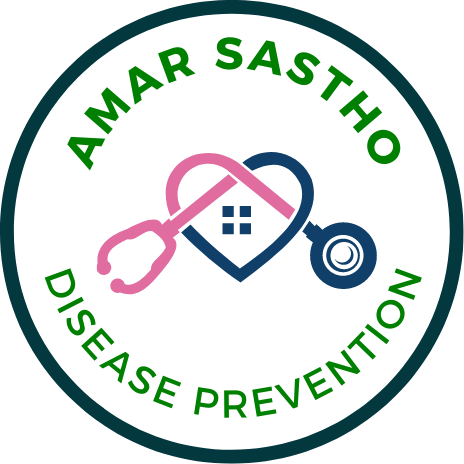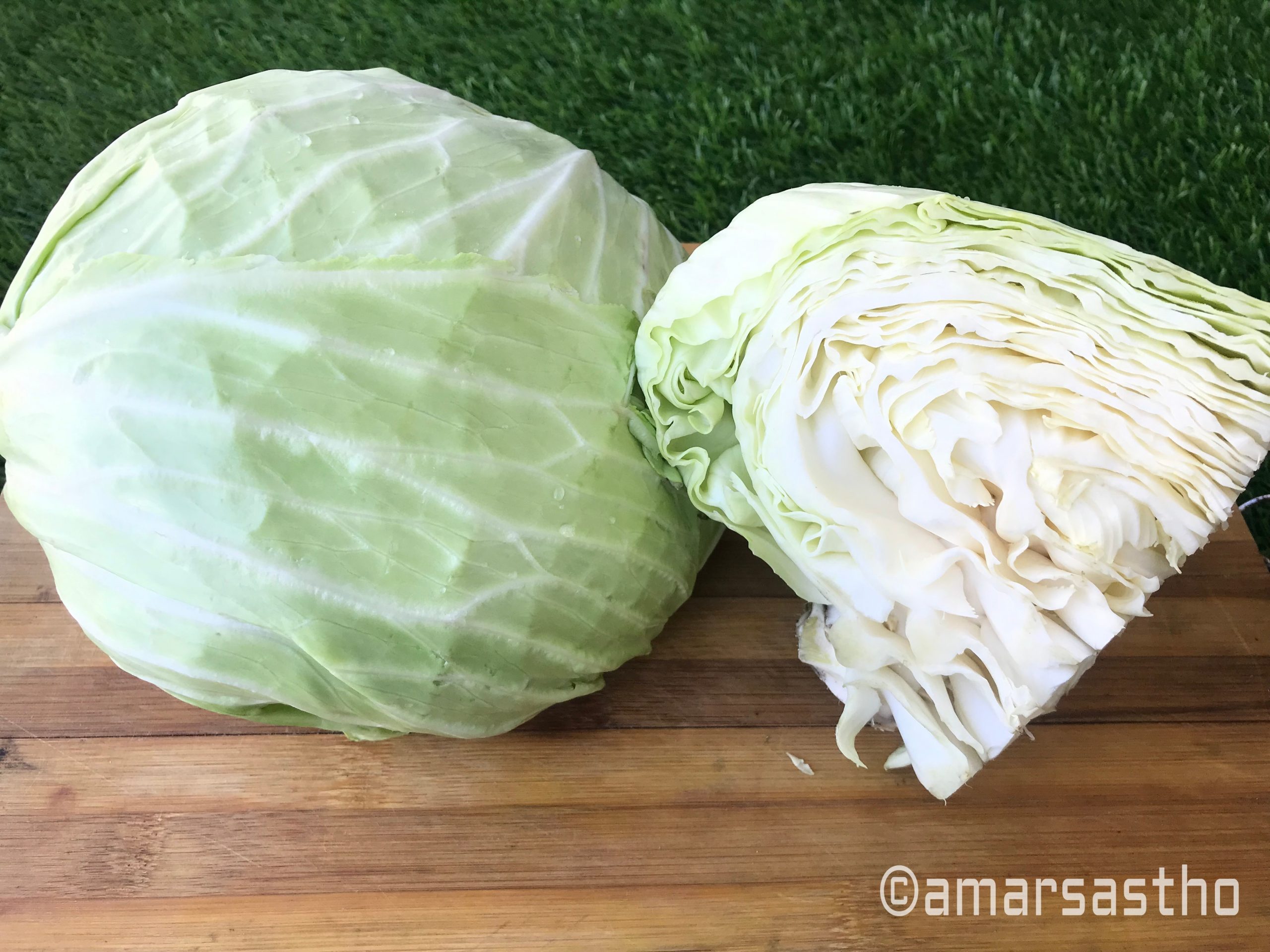Cabbage, which is often taken into the same category as lettuce because of their similar appearance, is actually a part of the cruciferous vegetable family. Cabbage is a leafy green, red, or white vegetable that is grown annually.
The cabbage may help protect against radiation, prevent cancer, and reduce heart disease risk.
There are more or less 7 varieties of cabbage, including the following:
- Red cabbage
- Choy sum
- Bok Choy
- Savoy cabbage
- Napa cabbage
- Cannonball cabbage
- January king cabbage
1 cup (89 grams) of raw green cabbage contains:
- Calories: 22
- Protein: 1 gram
- Fiber: 2 grams
- Vitamin K: 85% of the RDI
- Vitamin C: 54% of the RDI
- Folate: 10% of the RDI
- Manganese: 7% of the RDI
- Vitamin B6: 6% of the RDI
- Calcium: 4% of the RDI
- Potassium: 4% of the RDI
- Magnesium: 3% of the RDI
- Cabbage also contains small amounts of other micronutrients, including vitamin A, iron and riboflavin.
Health Benefits:
- Cabbage contains powerful antioxidants that may help reduce inflammation. Cabbage is rich in antioxidant which helps to reduce the risk of cancer. Another potential cancer-fighting compound found in cabbage is sulforaphane. Research over the past 30 years has consistently shown that consuming cruciferous vegetables is associated with a lower risk of cancer.
- Cabbage contains powerful pigments called anthocyanins, which have been shown to reduce the risk of heart disease. A recent report in the American Journal of Clinical Nutrition associated with the intake of flavonoid-rich foods with a lower risk of death from cardiovascular disease and stated that even small amounts of flavonoid-rich foods might be beneficial. The high polyphenol content in cabbage might also reduce the risk of cardiovascular disease by preventing platelet buildup and reducing blood pressure.
- Cabbage, as well as all cruciferous vegetables, are great sources of minerals, like calcium, magnesium, and potassium. These three vital minerals are integral in the protection of bones from degradation and the onset of conditions like osteoporosis and general bone weakening.
- Cabbage is great for the eyesight. Cabbage is a rich source of beta-carotene, so many people, particularly as they get older, turn to cabbage for its ability to prevent macular degeneration and promote good eye health and delay cataract formation.
- Cabbage contains elements that have been shown to decrease unhealthy levels of LDL cholesterol.
- Potassium in cabbage helps keep blood pressure within a healthy range. Increasing the intake of potassium-rich foods like cabbage may help lower high blood pressure levels.


